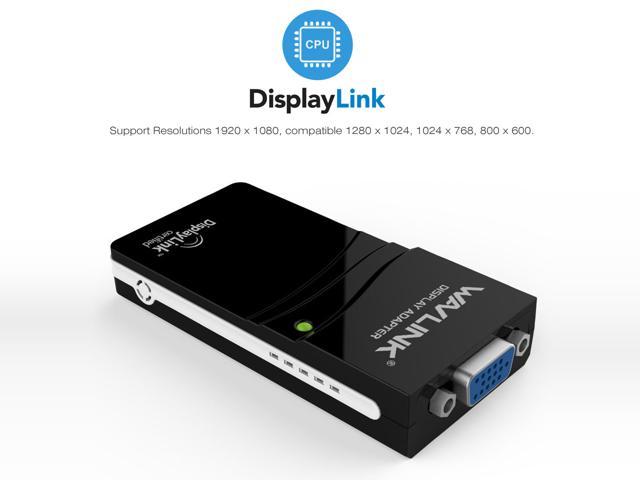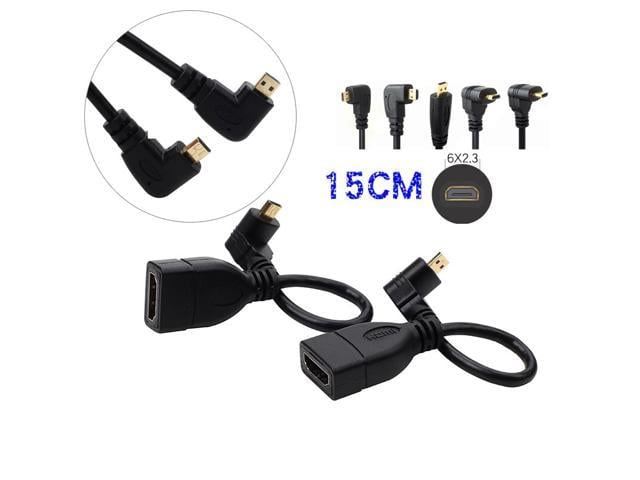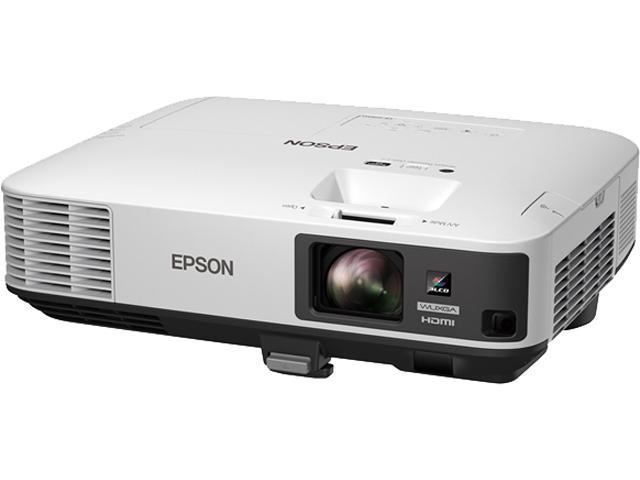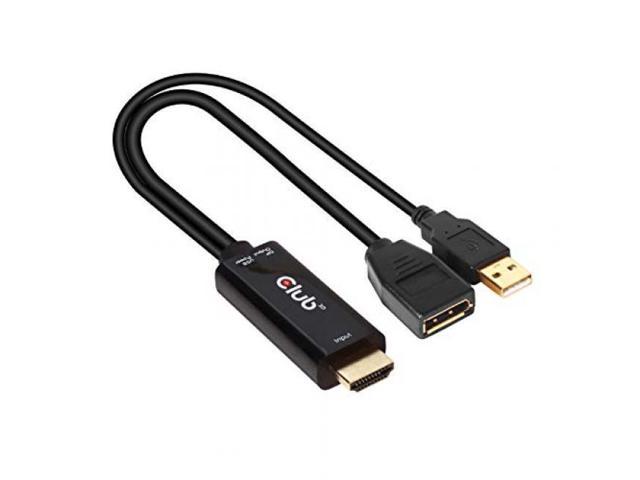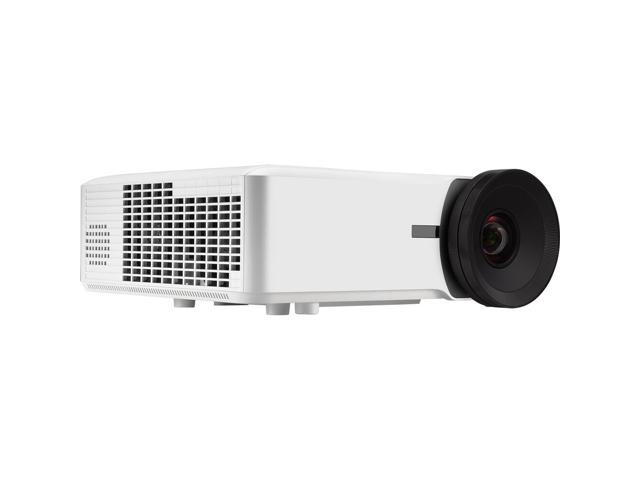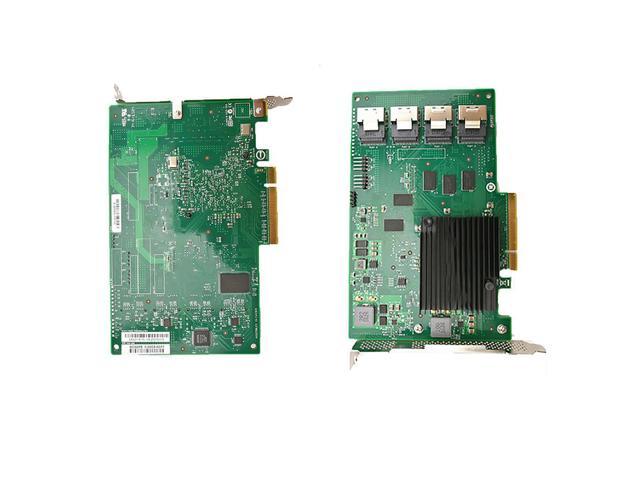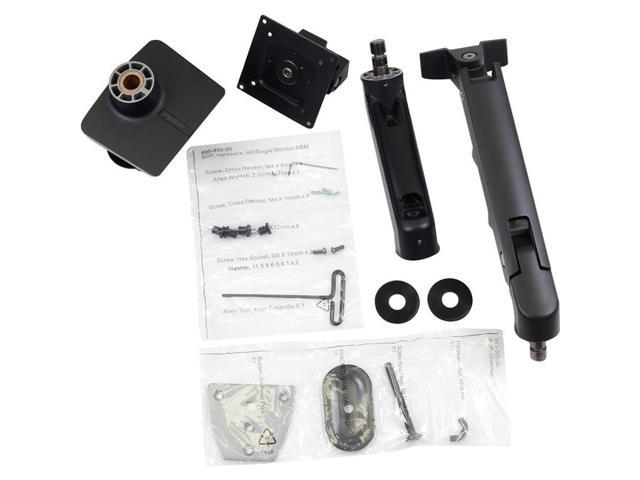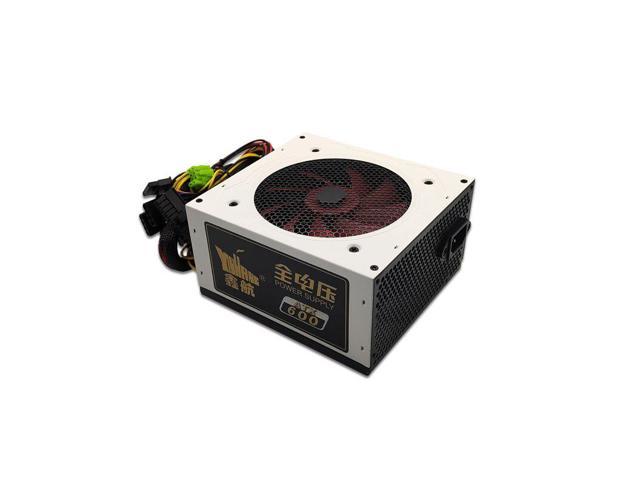Digital fringe projection (DFP) techniques are used for non-contact shape measurement of 3D images. In the rapidly expanding field of 3D high-speed imaging, the demand for DFP continues to grow due to the technology’s fast speed, flexibility, low cost, and high accuracy. High-Speed 3D Imaging with Digital Fringe Projection Techniques discusses the generation of digital fringe with digital video projection devices, covering a variety of core technical aspects. The book begins by establishing the theoretical foundations of fringe pattern analysis, reviewing various 3D imaging techniques while highlighting the advantages of DFP. The author then: Describes the differences between digital light processing (DLP), liquid crystal display (LCD), and liquid crystal on silicon (LCoS) Explains how to unwrap phase maps temporally and spatially Shows how to generate fringe patterns with video projectors Demonstrates how to convert phase to coordinates through system calibrations Provides a detailed example of a built-from-scratch 3D imaging system Incorporating valuable insights gained during the author’s 15+ years of 3D imaging research, High-Speed 3D Imaging with Digital Fringe Projection Techniques illuminates the pathway to advancement in high-speed 3D optical imaging using DFP.





